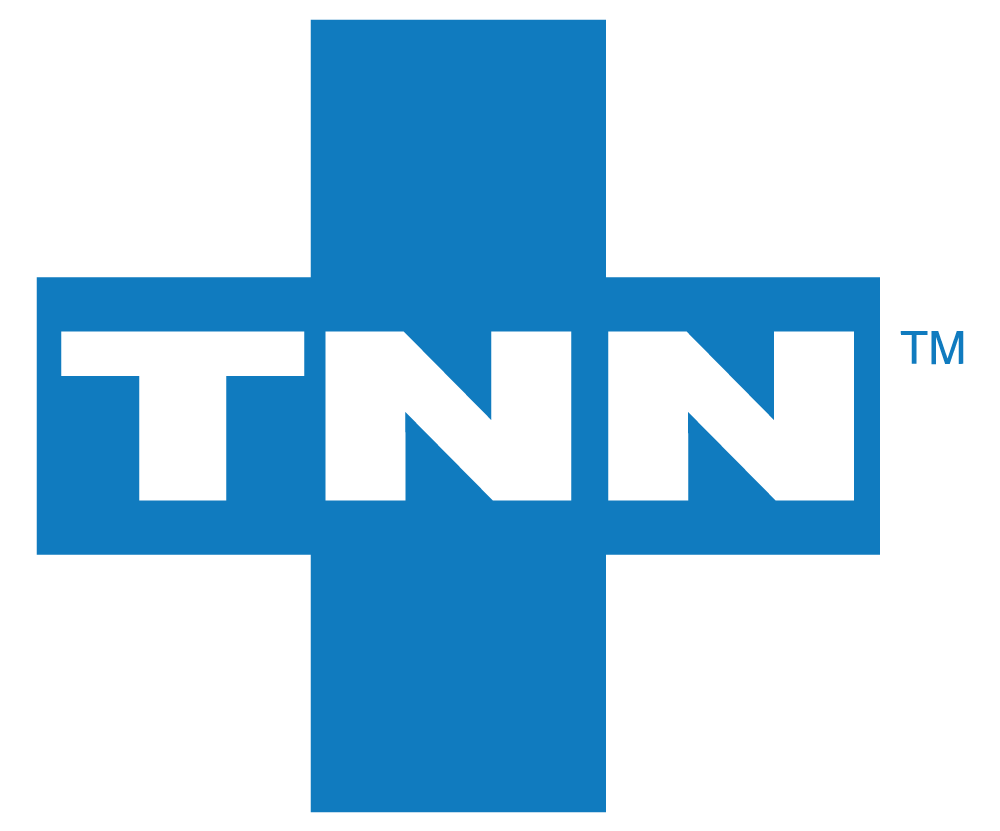
Imagine making a difference in your nursing career, one patient at a time, in the comfort of their home. The transition to home care nursing might be the change you’re seeking. While this shift presents challenges, it also offers immense fulfillment and a unique sense of purpose. In this post, we’ll guide you through this transition, making it smoother and more manageable.
Transitioning from hospital to home care nursing means a significant shift in work environment, responsibilities, and patient interaction. A blog by Encompass Health points out that acute care experience in hospitals equips nurses with skills that can be confidently applied in a home health environment. Let’s unravel the process and understand what it entails.
Understanding the Landscape of Home Care Nursing
The Challenges
- Adapting to a new environment: These nurses often work independently or with minimal supervision, which requires adaptability and confidence.
- Variety of patient conditions: These nurses encounter a wide range of patient conditions and need to be well-versed in handling different scenarios.
- Emotional demands: Dealing with critically ill patients and their families at their residence can be emotionally taxing.
The Rewards
Despite these challenges, transitioning to this role brings numerous rewards. A study published in JAMA Internal Medicine found that patients discharged into home health care had higher readmission rates than those discharged to a skilled nursing facility, highlighting the pivotal role home care nurses play in patient outcomes.
Strategies to Navigate the Transition
- Continuous Learning: Stay updated with the latest practices in this field and continuously develop your skills.
- Building Relationships: Forge strong relationships with patients and their families to provide better care and create a supportive environment.
- Emotional Preparedness: Be emotionally prepared to handle situations with critically ill patients.
- Time Management: This position requires excellent time management skills to juggle multiple responsibilities.
- Collaboration: Working in tandem with other healthcare professionals, like doctors and therapists, can ensure comprehensive care for the patient.
- Communication: Clear and effective communication with patients, their families, and other healthcare professionals is crucial to ensure everyone is on the same page regarding the patient’s care.
Navigating the Regulatory Landscape
An important aspect of making the transition to this role involves understanding and navigating the regulatory landscape. Home care is regulated at both federal and state levels in the United States. Regulations may vary from state to state, and it’s crucial for nurses to familiarize themselves with the laws and guidelines relevant to their practice.
- Patient Privacy: The Health Insurance Portability and Accountability Act (HIPAA) mandates the protection of patient health information. Home care nurses must ensure they are compliant with HIPAA regulations.
- Professional Licensing: Nurses should ensure that their professional licenses are up-to-date and valid in the state where they will be providing home care services.
- Medication Administration: Rules around medication administration may vary by state. Nurses should understand the specific regulations in their area of practice.
Upskilling for Home Care Nursing
- Communication Skills: In this role, nurses often work independently and need to communicate effectively with patients, families, and other healthcare professionals.
- Technical Skills: They may need to learn how to use new medical equipment or technology.
- Cultural Competency: Nurses working in home care settings may serve diverse populations and need to provide culturally competent care.
- Problem-solving Skills: These nurses often work independently and must be able to solve problems quickly and efficiently.
- End-of-life Care: There may be instances where you’ll need to provide end-of-life care, requiring specialized skills and sensitivity.
- Educational Skills: Nurses in a home setting often have to educate patients and their families about their health conditions, treatments, and medication administration.
Transitioning to Home Care Nursing with Total Nurses Network
At Total Nurses Network, we can help you make the transition smoothly. We provide comprehensive resources and support to ensure you can deliver the best possible care in a home setting.
We understand that making the transition can be challenging, but it’s also incredibly rewarding. Not only do you get to make a meaningful difference in patients’ lives, but you also have the unique opportunity to form deeper relationships with them and their families.
If you’re looking for a permanent job in this field, we invite you to visit our website at Total Nurses Network or contact us. We’re here to guide you every step of the way as you navigate this exciting new chapter in your nursing career.
Key Takeaways
The transition to this nursing position is a significant shift that requires preparation and adaptability. However, with the right skills, support, and mindset, it can be a fulfilling and rewarding career choice. By understanding the landscape, challenges, rewards, and strategies to navigate the transition, nurses can ensure they are well-prepared to excel in a home care setting.
Remember, you are not alone in this transition. Organizations like Total Nurses Network are here to support you throughout your journey, providing resources and opportunities to help you succeed in your new role.








